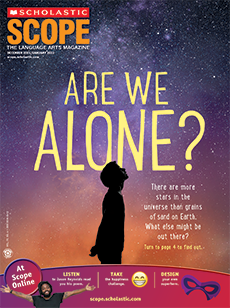When cats came raining down from the sky, I knew it was because Grandma was angry. I saw a cat plummet past my window, followed by two more, so I clapped my book shut and rushed outside.
Grandma’s face was all screwed up as she glared over the fence. Then our calico tom, Harry—short for Hairball—flew out the nearby crab-apple tree and into her arms, screeching.
“About time!” she scolded. “Where have you been?”
Two more cats plunged toward the ground. I managed to slow their descent so they could land on their feet. The three cats I’d seen from the window had fallen into our juniper hedge; they scrambled out indignant but unhurt.
“Grandma, what happened?” I asked.
She lowered her gaze. “I—I wanted to feed Harry,” she said. “I called and called and he didn’t come, so. . . .”
I realized then what had happened: Grandma had tried to lev Harry, and had ended up levving our neighbors’ five cats as well.
Something wasn’t right. Grandma was an incredible levver. Every Halloween, I would design a jack-o’-lantern, and she would carve the pumpkin—without touching the knife. She could thread a needle just by looking at it. Before she retired, she was a manager at a recycling plant—a very tidy plant, because she levved all the newspapers into huge stacks and all the bottles into bins. Now she organized garage sales.
Her levving had always been perfect. How could she have made such a mistake?

